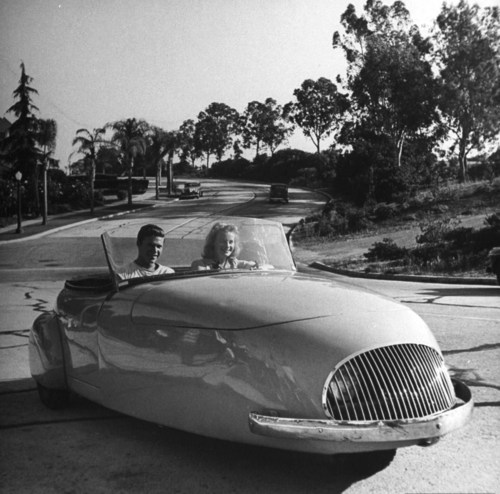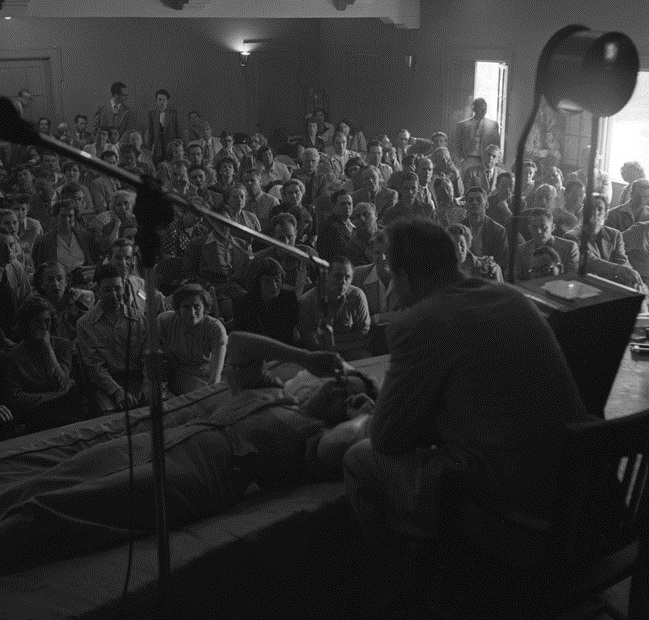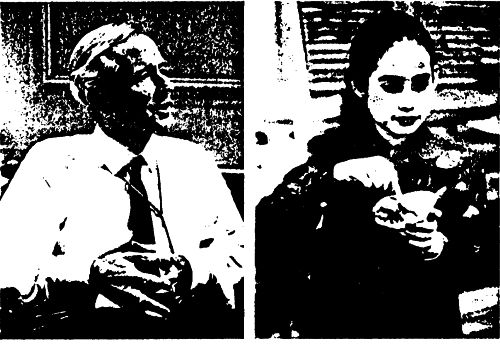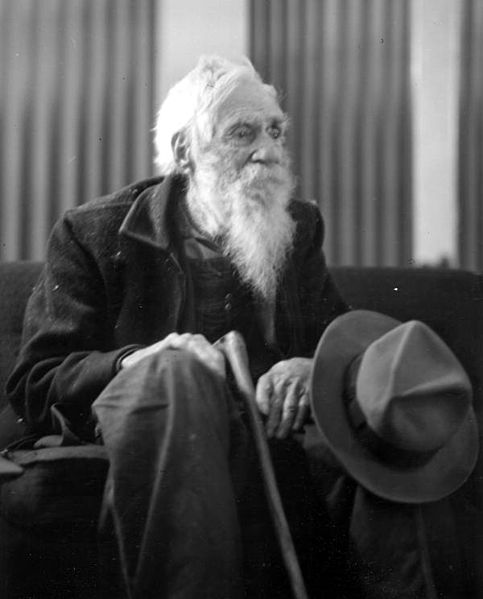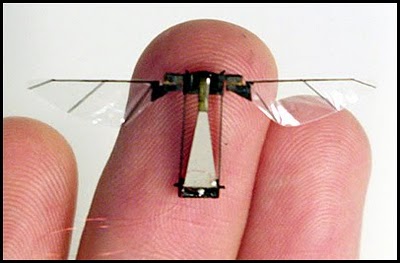The high-water mark of New York Times journalism was not this article in the September 5, 1913 edition of the paper which reported, unquestioningly, on the creepy search for a new Messiah, which was heavily informed by eugenics. An excerpt:
“Chicago–New Aryan stock that is destined to produce a new Messiah and rule the world is developing on the Pacific Coast, according to prominent Theosophists gathered here to-day to attend the opening session of the twenty-seventh annual meeting of the American Section of the Theosophical Society.
One of the chief affairs scheduled for discussion is the development of the society’s fifteen-acre tract at Kaltona, Cal., now used as the headquarters for the organization and established two years ago at a cost of $100,000. A school has been opened there for the teaching of the cult by sixty volunteer workers. The ultimate plan is to use Kaltona, which is within the municipal boundaries of Los Angeles, for the organization of a colony which is to be the nucleus of a new race or physical type in America.
‘This root race is the sixth sub-race of Aryan stock, and there are unmistakable signs that it has appeared on the Pacific Coast,’ said Max Wardall of Seattle. ‘It is a new physical type and is the result of the gradual process of reincarnation, in our opinion. We believe this race is destined to rule the earth. Eugenics has played an important part in the development of the new type, which is taller, more athletic, and somewhat darker than the prevailing type. Its members have a finer nervous organization and a higher spiritual perception.
‘At the proper time we expect a Messiah to appear and direct the destinies of the new race, the same as Christ did centuries ago.’
C.F. Holland of Los Angeles said that three young men were preparing themselves to be human representatives of the new Messiah and that the question of which might be chosen was causing considerable discussion among Theosophists through the world.
Members of the Society of the Eastern Star believe the honor will fall to Krishnamurita Alcyona of India, 18 years old, who three years ago wrote what has been described as a profound book and which attracted the attention of thinkers on reincarnation. Another candidate is an Englishman whose identity is not revealed, and the third is said to be a resident of Chicago. All three candidates, according to Theosophists are undergoing a system of training for the purification of their physical, emotional and mental beings.”




